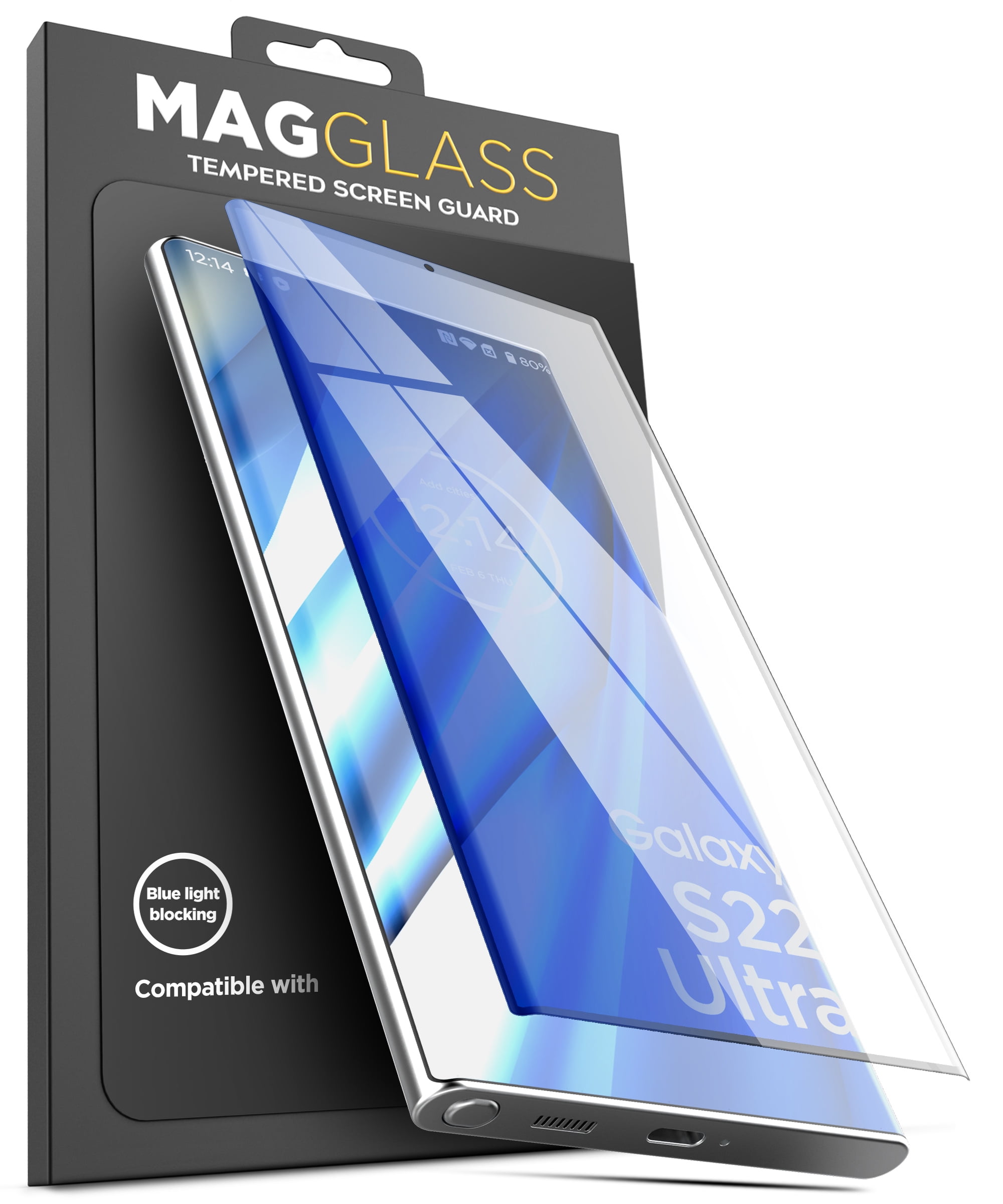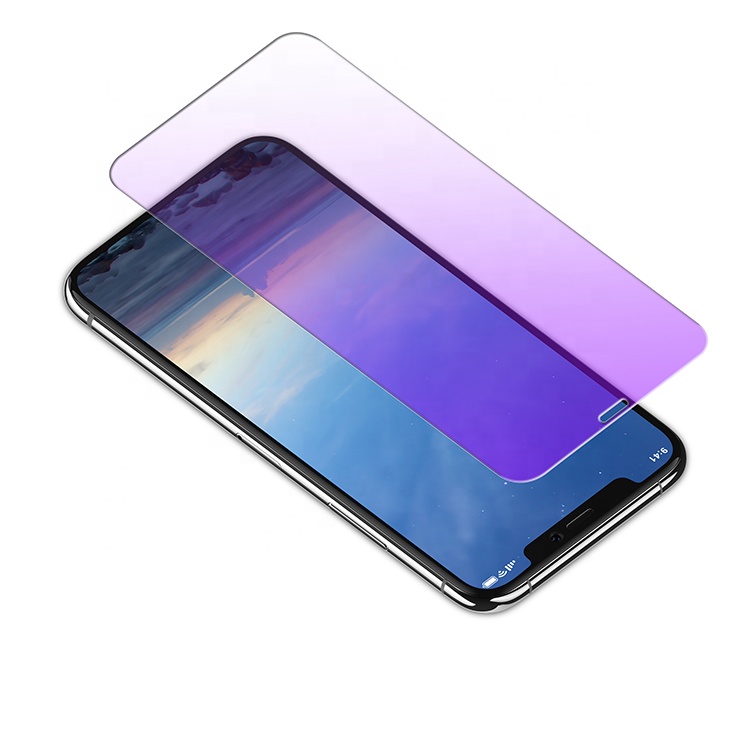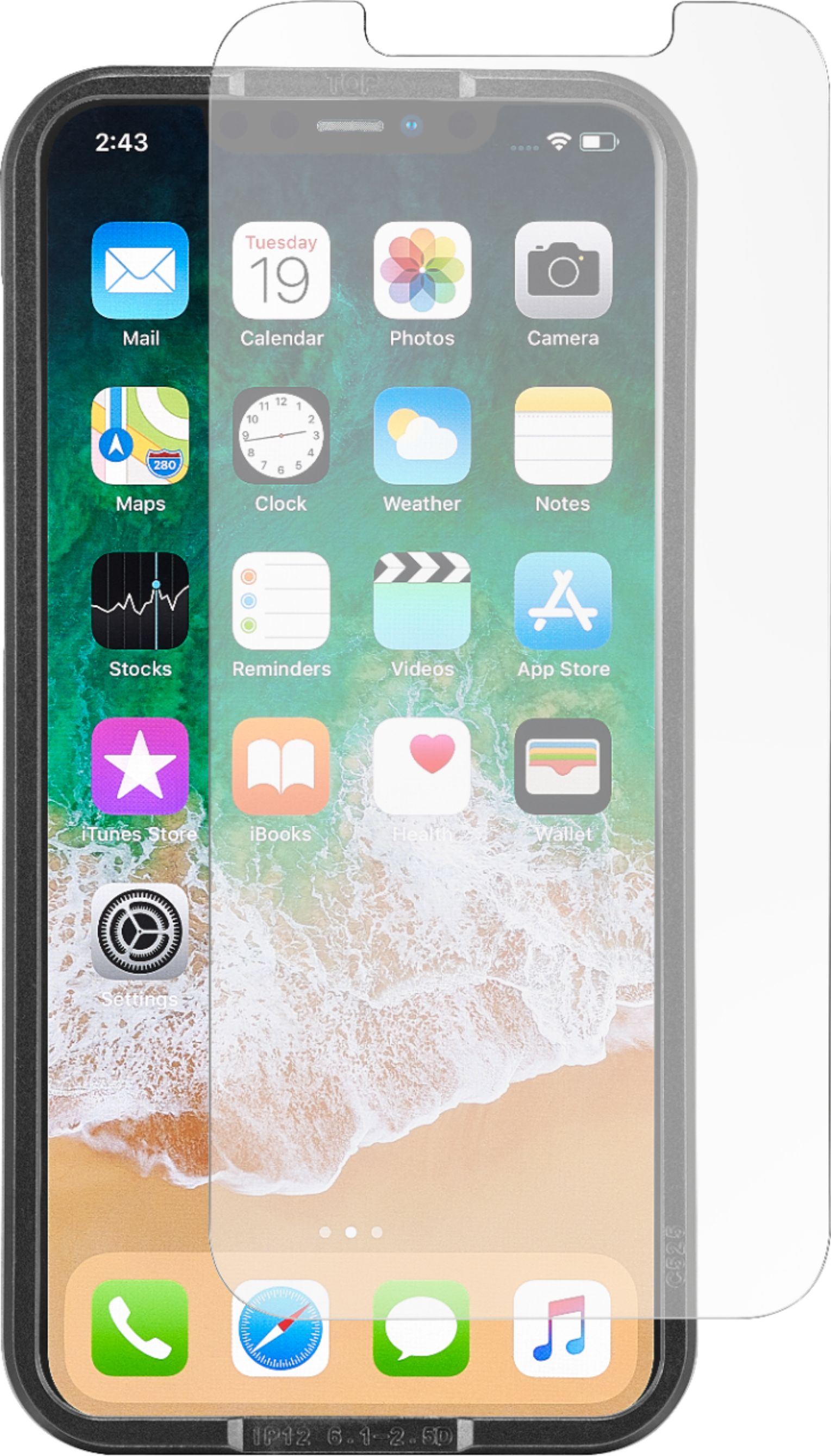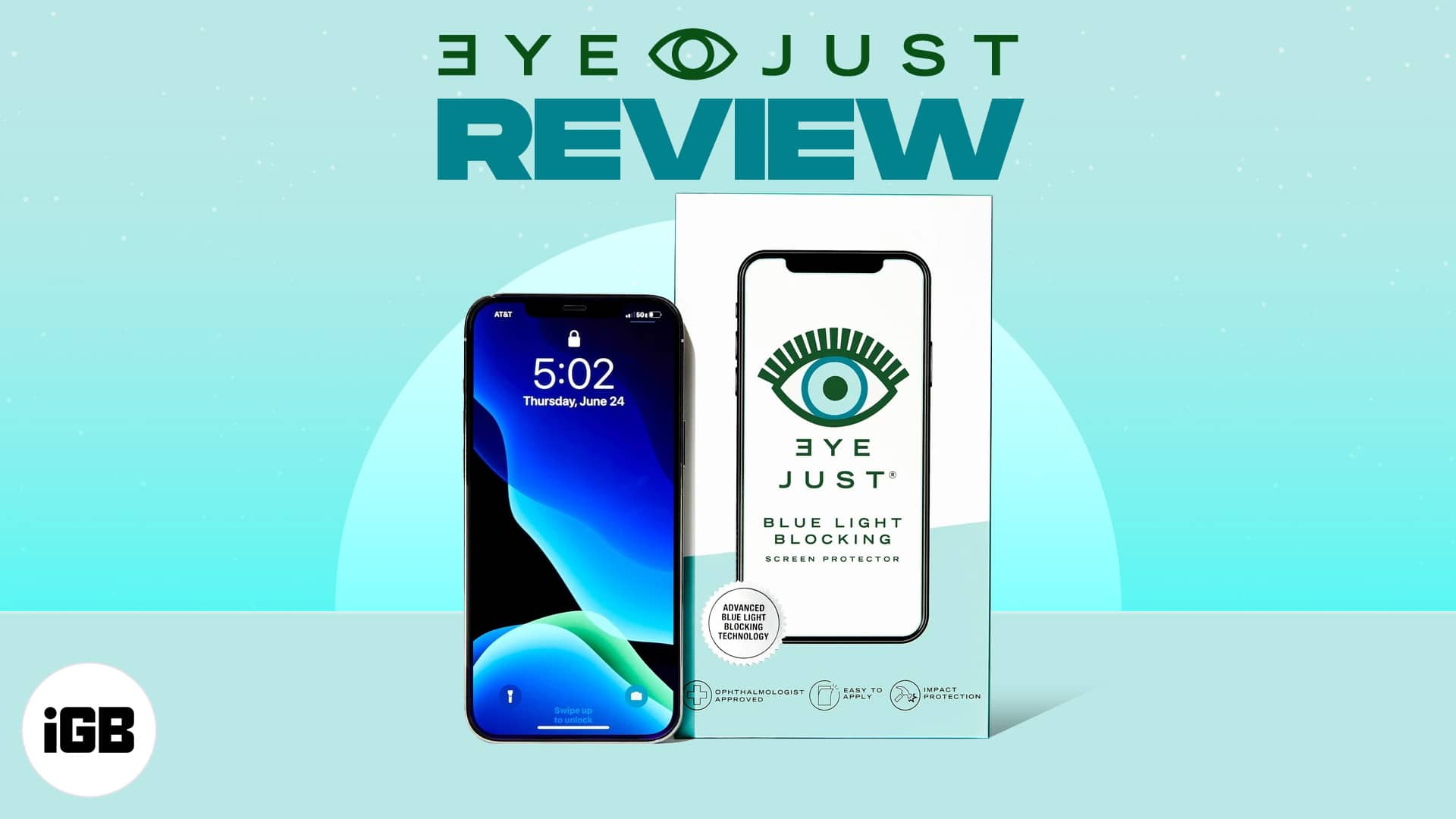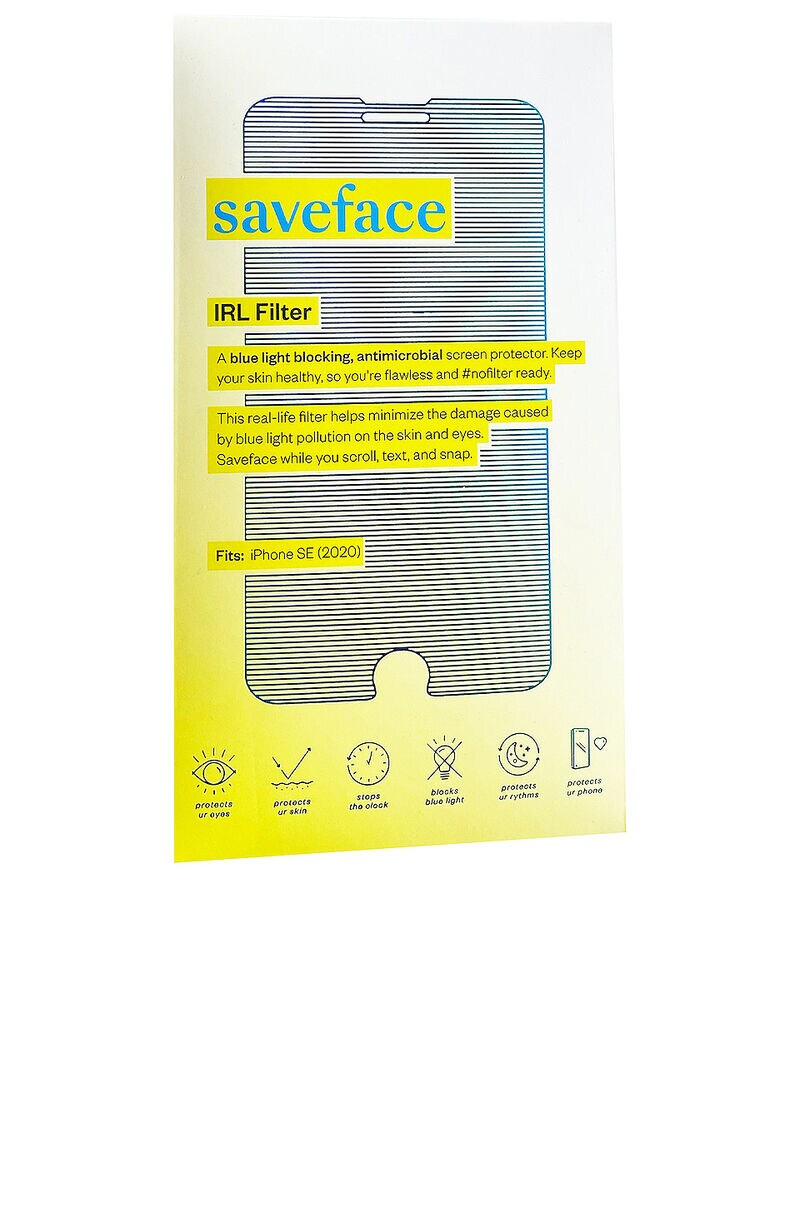Blue Light Blocking Phone Screen Protector

In an increasingly digital world, our eyes are glued to screens for hours on end. From smartphones to tablets, the pervasive glow of these devices has sparked a growing concern about the impact of blue light on our health. This has led to a surge in popularity of blue light blocking screen protectors, promising to shield our eyes from the potential harms of this specific wavelength of light.
But do these screen protectors truly live up to the hype? This article delves into the science behind blue light, examines the efficacy of blue light blocking screen protectors, and explores the potential benefits and drawbacks of using them, drawing upon research and expert opinions to provide a balanced perspective on this increasingly relevant topic.
Understanding Blue Light
Blue light is a high-energy visible light found in sunlight and emitted by digital devices such as smartphones, tablets, and computer screens. It's part of the visible light spectrum, and while natural blue light from the sun plays a vital role in regulating our sleep-wake cycle (circadian rhythm), artificial blue light exposure, particularly in the evening, has raised concerns.
The core worry revolves around the potential disruption of melatonin production. Melatonin is a hormone that regulates sleep. Exposure to blue light can suppress melatonin, making it harder to fall asleep and potentially contributing to sleep disorders, according to studies published by the National Institutes of Health (NIH).
Potential Health Concerns
Beyond sleep disruption, some research suggests prolonged blue light exposure may contribute to digital eye strain, characterized by dry eyes, blurred vision, and headaches. Furthermore, there are emerging concerns about long-term effects on retinal health, although conclusive evidence remains limited. Age-related macular degeneration (AMD) is a concern often raised, but the link to blue light exposure from screens requires further, robust investigation.
The Rise of Blue Light Blocking Screen Protectors
In response to these concerns, a market for blue light blocking glasses and screen protectors has rapidly expanded. These screen protectors typically work by filtering out a portion of the blue light emitted by the device's screen. They are readily available for a wide range of devices, from smartphones to laptops.
The effectiveness of these protectors varies depending on the technology and the amount of blue light they block. Some screen protectors have a slight yellow tint, which can affect the color accuracy of the display.
How Effective Are They?
The actual filtering capabilities of blue light blocking screen protectors vary greatly, and this is a key point of contention. Some independently tested products show a significant reduction in blue light emission, while others offer minimal protection. It's crucial to research the specific product and its claimed filtering percentage.
According to a report by the American Academy of Ophthalmology (AAO), there is no scientific evidence to support the need for special eyewear for computer use. The AAO doesn't recommend special eye wear for computer use, including blue-light-blocking lenses, because blue light from digital devices has not been shown to cause eye disease.
Expert Opinions and Alternative Approaches
While manufacturers often promote the benefits of blue light blocking screen protectors, experts remain divided. Some ophthalmologists and optometrists believe they can be a helpful tool for individuals experiencing digital eye strain or sleep problems, particularly those who spend extended periods in front of screens.
However, many experts emphasize that other strategies can be equally, if not more, effective. These strategies include practicing the 20-20-20 rule (every 20 minutes, look at something 20 feet away for 20 seconds), adjusting screen brightness, using night mode settings on devices, and maintaining good sleep hygiene.
According to Dr. Raj Patel, an optometrist at Visionary Eye Care, "While blue light blocking screen protectors may offer some benefit for certain individuals, they are not a panacea. A comprehensive approach that includes proper ergonomics, regular breaks, and good sleep habits is crucial for mitigating the potential negative effects of screen time."
The Importance of Sleep Hygiene
The emphasis on sleep hygiene is consistent across most expert advice. This includes maintaining a regular sleep schedule, creating a dark and quiet sleep environment, and avoiding screen time for at least an hour or two before bed. These simple changes can significantly improve sleep quality, regardless of blue light exposure.
Potential Drawbacks and Considerations
It's essential to consider the potential drawbacks of using blue light blocking screen protectors. As mentioned earlier, some protectors can alter the color accuracy of the display, which may be problematic for designers, photographers, or anyone who relies on accurate color representation.
Furthermore, relying solely on a screen protector may create a false sense of security, leading individuals to neglect other important eye care and sleep hygiene practices. The cost of these protectors can also be a factor, especially when considering that alternative solutions are readily available and often free.
Finally, some studies suggest that completely blocking blue light might not be ideal, as it can also impact mood and cognitive function. The key is finding a balance and minimizing excessive exposure, particularly in the evening.
The Future of Blue Light Research
Research into the long-term effects of blue light exposure is ongoing. Future studies will likely provide a more comprehensive understanding of the potential risks and benefits of blue light blocking technologies. In the meantime, it's essential to stay informed, consult with eye care professionals, and make informed decisions about screen time and eye health.
As technology continues to evolve, new strategies for mitigating the potential negative effects of screen time are likely to emerge. These could include more advanced display technologies that emit less blue light or personalized light management systems that adapt to individual needs and circadian rhythms. Until then, a balanced approach that combines responsible screen use, good eye care practices, and potentially the judicious use of blue light blocking technology is the most prudent course of action.
Ultimately, the decision of whether or not to use a blue light blocking screen protector is a personal one. Weighing the potential benefits against the drawbacks and considering individual needs and circumstances is crucial for making an informed choice. Remember that these protectors are just one tool in a larger toolkit for maintaining eye health and promoting healthy sleep habits in an increasingly digital world.
